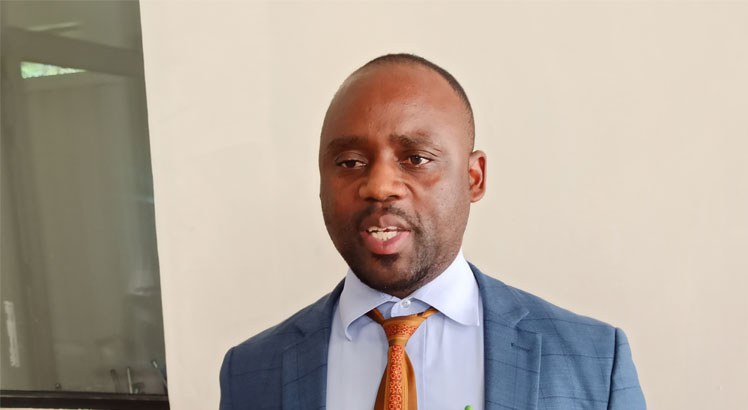Councils probe K8.7bn funding
Malawi Local Government Association (Malga) has written Secretary to the Treasury Betchani Tchereni, demanding answers on why government skips and delays disbursement of funds to councils, particularly for other recurrent transactions (ORT).
In a letter dated April 19 2024, Malga executive director Hadrod Mkandawire also queried why eight local government authorities did not receive funding for January and February while none has received for March which was the last month of the 2023/24 financial year.

He said government is supposed to pay K8.7 billion to councils every quarter, which translates to about K2.9 billion per month.
Mkandawire said the delays were negatively impacting on service delivery.
Reads the letter in part: “We have also noted the continued development funding cuts in some councils. Malga, as a national association of all local government authorities in Malawi, has noted with great concern the ongoing and unusual delays by the Treasury to disburse funding to district, municipal and city councils.
“In light of the foregoing, we would like to request your good office to provide to us detailed timelines when the local government authorities that did not receive funding for the months of January and February 2024, will get their arrears, and when all will receive their funding for the month of March, 2024.”
In an interview yesterday, Mkandawire said the association will wait for response from Treasury.

He said fuel service stations, stationery and other suppliers for hospitals have started refusing to supply goods and services to councils, leading to local authorities accumulating arrears in excess of K19 billion.
Said Mkandawire: “This is how the councils accumulate arrears. Filling stations are now declining to offer fuel on credit for ambulances.”
“All things being equal, notwithstanding the said capacity challenges, the disbursement delays are unusually rather long. However, we welcome the proposal to have the stakeholders meeting. We are looking forward to it.”
Tchereni yesterday confirmed receipt of the letter and said his office was also getting similar queries from ministries, departments and agencies (MDAs).
He said: “The issues are multifaceted. The changes we tried to enhance efficiency seem to be facing acceptance challenges. There are human resource capacity challenges which are faced at the National Local Government Finance Committee [NLGFC], posing challenges for the Malga members to load their payment vouchers.
“Being that it is Treasury to NLGFC and then to Malga, we are convening a meeting to try and sort the challenges together. Otherwise, the funding issues were not affected, it is the actual disbursement which is facing the capacity challenges.”
NLGFC executive director Kondwani Santhe said he would go with the response from Tchereni while Ministry of Local Government and National Unity spokesperson Anjoya Mwanza said Treasury was key on the matter.
But Malawi Health Equity Network executive director George Jobe said the challenges must be sorted out as many district health offices are surviving on credits and loans.
He further said poor people are affected the most as they are being asked to contribute fuel money for patient referrals.
“This is why we have been asking authorities to prioritise the sector. It works well where councils are in good books with suppliers, but where the relationship is not good, in case of hospitals, lives are lost,” said Jobe.
Civil Society Education Coalition executive director Benedicto Kondowe said based on their research on the 2023/24 financial year, most primary and secondary schools did not receive the School Improvement Grant (SIG) and ORT, respectively.
He said a primary school is supposed to receive a minimum of K800 000 per academic year in SIG, but they discovered that some have not received anything.
“This money is supposed to be used to buy teaching and learning materials, and in its absence, it means they have nothing.
Government adopted the Decentralisation Policy in 1998 and the subsequent enactment of the Local Government Act of 1998 provided a legal framework to make the policy operational.
Malawi has 35 local government councils comprising four cities, three municipalities; namely, Luchenza in Thyolo, Kasungu and Mangochi and 28 district councils.





